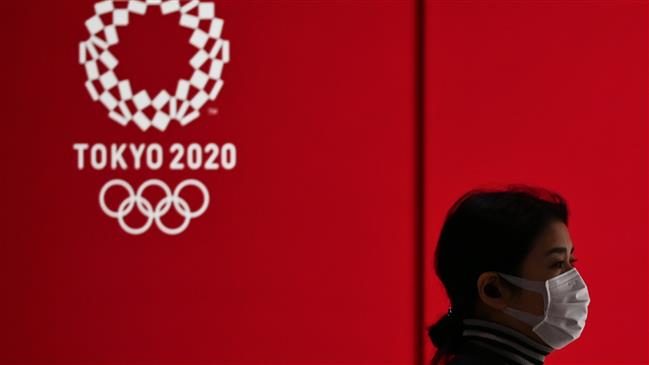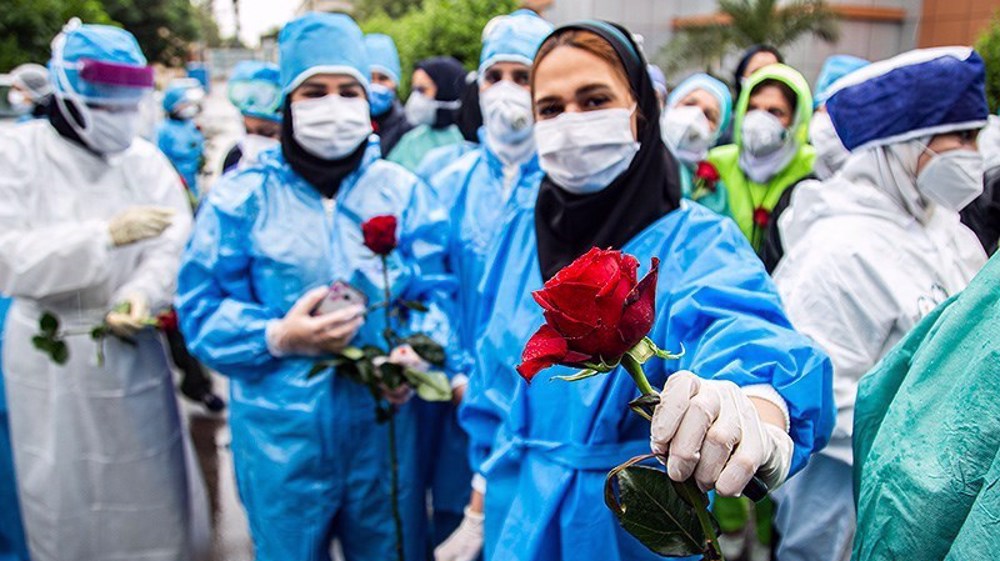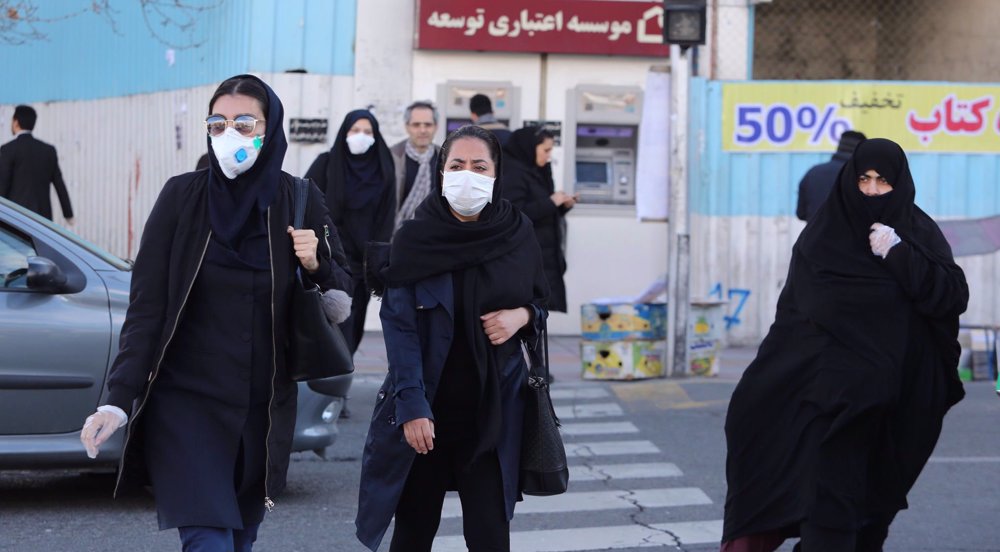Iran calls for 2020 Olympics rescheduling due to coronavirus pandemic
Iran has joined a number of other countries in demanding that the 2020 Summer Olympics due in Tokyo, Japan, be postponed due to the global coronavirus pandemic.
Seyyed Reza Salehi Amiri, the president of the National Olympic Committee of Iran, made the demand in a letter to Thomas Bach, the president of the International Olympic Committee (IOC), IRNA reported on Monday.
Salehi Amiri said Iran had called off all sport events due to the epidemic in the country. All flights to and from the country have also been canceled, he said, explaining that Iranian athletes were facing difficulties and “mental and psychological challenges” as a result.
He referred to South Korea, India, Japan, and the other countries that were each grappling with an outbreak of the coronavirus and said delaying the event would serve as a means to alleviate the specific health concerns regarding the coronavirus pandemic.
South Korea has the second highest number of infections in Asia after China, with 9,037 cases. Japan, the host of the Games, has reported a total of 1,140 confirmed cases of infection so far.
In Iran, the number of coronavirus deaths has increased to over 1,934 and the total infections to 24,811.
Other countries have also called for the rescheduling of the Games. The United Kingdom, France, and Switzerland have all expressed concerns about the safety of their athletes during the event. The United States Olympic authorities have also called for the postponement of the 2020 Tokyo Olympic Games.
Canada and Australia have gone a step further, withdrawing from the Games for this year altogether.
More than 381,000 people worldwide have been infected and over 16,500 have died of the viral disease, according to a running tally kept by Johns Hopkins University.
The World Health Organization has declared the outbreak a global “pandemic.”
National sports organizations are concerned not only about the health risks to their athletes but also the potential transmissions when teams return home.
The Olympics have never been delayed before, although they were canceled altogether during the World Wars I and II, and major Cold War boycotts disrupted the Moscow and Los Angeles Games in 1980 and 1984 respectively.
The stakes are high both for Japan and the IOC as the postponement of the multi-billion-dollar event could have considerable financial repercussions. The government of Japanese Prime Minister Shinzo Abe has devoted considerable political capital to the Games.
Nevertheless, Japanese officials seem to be bowing to the mounting pressure from the countries calling for a delay.
Japanese Olympics Minister Seiko Hashimoto told reporters on Tuesday that the Games could not “move toward the ‘complete form’ that the prime minister has mentioned as long as countries of the world have not put an end to the coronavirus.”
“So, it’s first and foremost for us to join forces and respond firmly for putting an end to the coronavirus,” she said.
170 students, teachers martyred in ‘deliberate’ strikes on Iranian schools: Minister
Iran’s air defense systems down six advanced Hermes drones
US defenses overwhelmed by Iran’s drone and missile barrages: WSJ
IRGC says second US THAAD anti-missile unit destroyed
CNN journalists abducted by Israel while reporting on damage from Iranian strikes
Iran denies attacks on Oman as it warns of US-Israeli ‘false-flag’ ops
Iran knows where Netanyahu convenes his meetings: Ex-IRGC chief
‘Law of jungle’: China says Israeli-US aggression against Iran must stop










 This makes it easy to access the Press TV website
This makes it easy to access the Press TV website